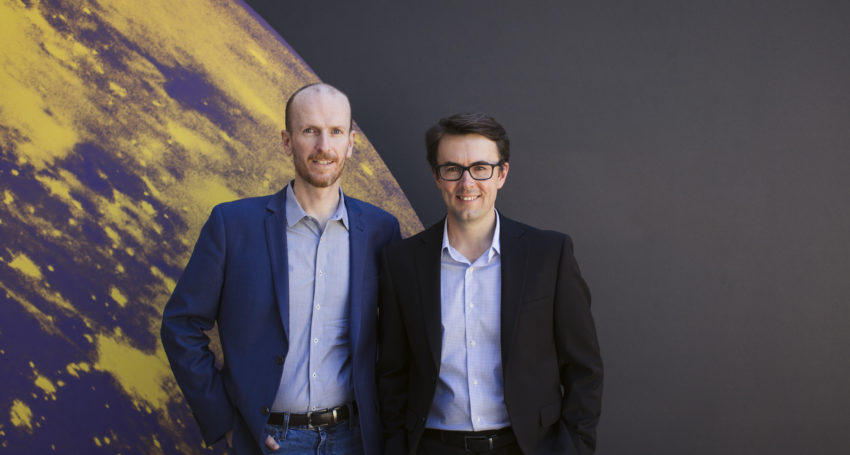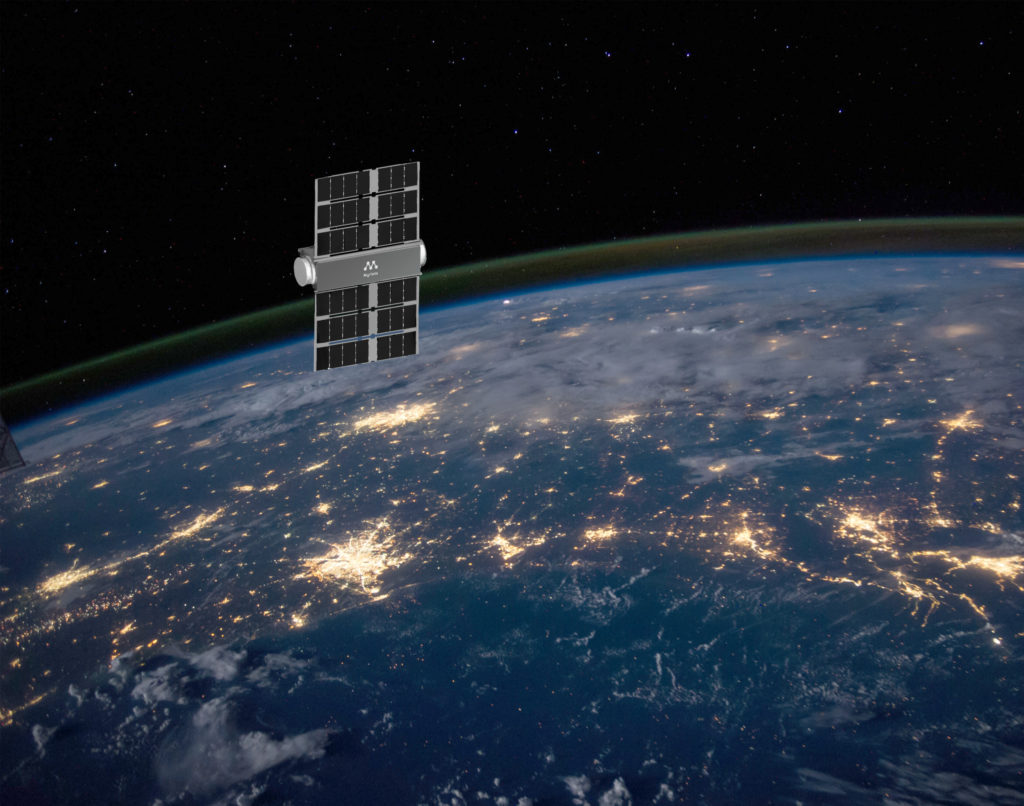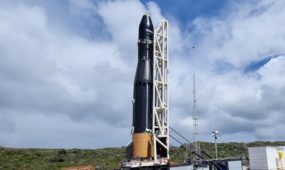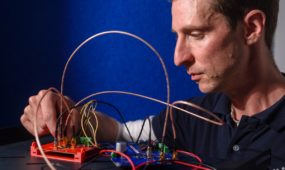Myriota raises $28 million to fund global expansion
Space
South Australian satellite connectivity company Myriota has raised A$28 million in Series B funding to bolster its satellite network and increase its workforce by 2022.

Sign up to receive notifications about new stories in this category.
Thank you for subscribing to story notifications.

Myriota will use the latest round of funding to increase its constellation of satellites to 25 and further its global expansion as a leader in low-cost and low-power Internet of Things (IoT) satellite connectivity.
Myriota’s technology involves tiny satellite transmitters that send low powered messages directly to a constellation of low-earth-orbit nanosatellites. These satellites relay the messages to earth where they are decoded and sent to the end user. The technology is particularly effective in remote areas on land or at sea that do not have access to internet or cellular networks
The company will also use the Series B funding to grow its workforce by 50 per cent in the next two years, allowing it to connect billions of devices to power energy-efficient technology and serve demand in key international markets.
Myriota raised A$15 million in Series A funding in 2018 and said all of those participants returned to take part in Series B.
The latest funding round brings Mryriota’s total funding to A$50 million, including investments from Hostplus, Main Sequence Ventures, In-Q-Tel and former Australian Prime Minister Malcolm Turnbull.
CEO and co-founder Alex Grant said the latest round of funding would break down cost-prohibitive barriers and assist in maximising efficiency.
“This is a critical time for IoT. Presently 90 per cent of the earth’s surface lacks connectivity. At Myriota, we’ve been focused on filling that gap and overcoming constraints in existing infrastructure,” Dr Grant said.
“With this new round of funding, we’ll continue to grow our network of satellites to deliver an affordable, environmentally friendly and powerful solution to make data accessible for our global customer base.”
The announcement is the latest in a string of expansions for Myriota, which has become a global leader in nanosatellite IoT connectivity and is based at Lot Fourteen – an innovation precinct in Adelaide, South Australia, which is also home of the Australian Space Agency.

Myriota was spun out of the University of South Australia in 2015 with funding from Canada-based data services company exactEarth.
Last month, the South Australian start-up announced it had furthered its partnership with exactEarth to acquire satellite communications assets.
The acquisition, which is subject to Canadian regulatory approval, signified the creation of Myriota’s first North American office, in Ontario, Canada.
It provides Myriota with four exactEath experts in satellite operations, satellite engineering and spectrum management.
The CA$600,000 deal also increases Myriota’s capacity to deliver low-cost, low-power, secure direct-to-orbit satellite connectivity for IoT through four satellites and a global network of ground states assets.
Dr Grant said despite challenging global business conditions the company was in a fortunate position to continue its international expansion plans and allow multiple industries to access its technology.
“This acquisition is a huge opportunity for our business to grow its North American footprint,” he said.
“It will add industry-leading capabilities in key areas such as satellite operations, engineering and spectrum management from an experienced team and will fast-track our development with established ground facilities and ground stations.”
South Australia has been a significant player in the nation’s space industry and is home to major Tier 1 defence companies, the SmartSat CRC and several other emerging space start-ups, including Fleet Space Technologies and Inovor Technologies.
In 2018 Adelaide was announced as the home of the Australian Space Agency, to which a $6 million Mission Control Centre for small satellite missions and an educational Discovery Centre was added in 2019.
Jump to next article



